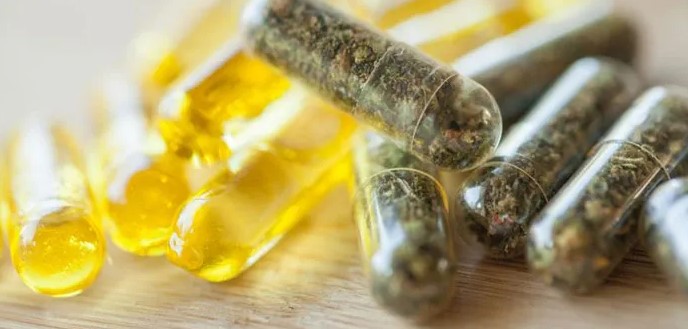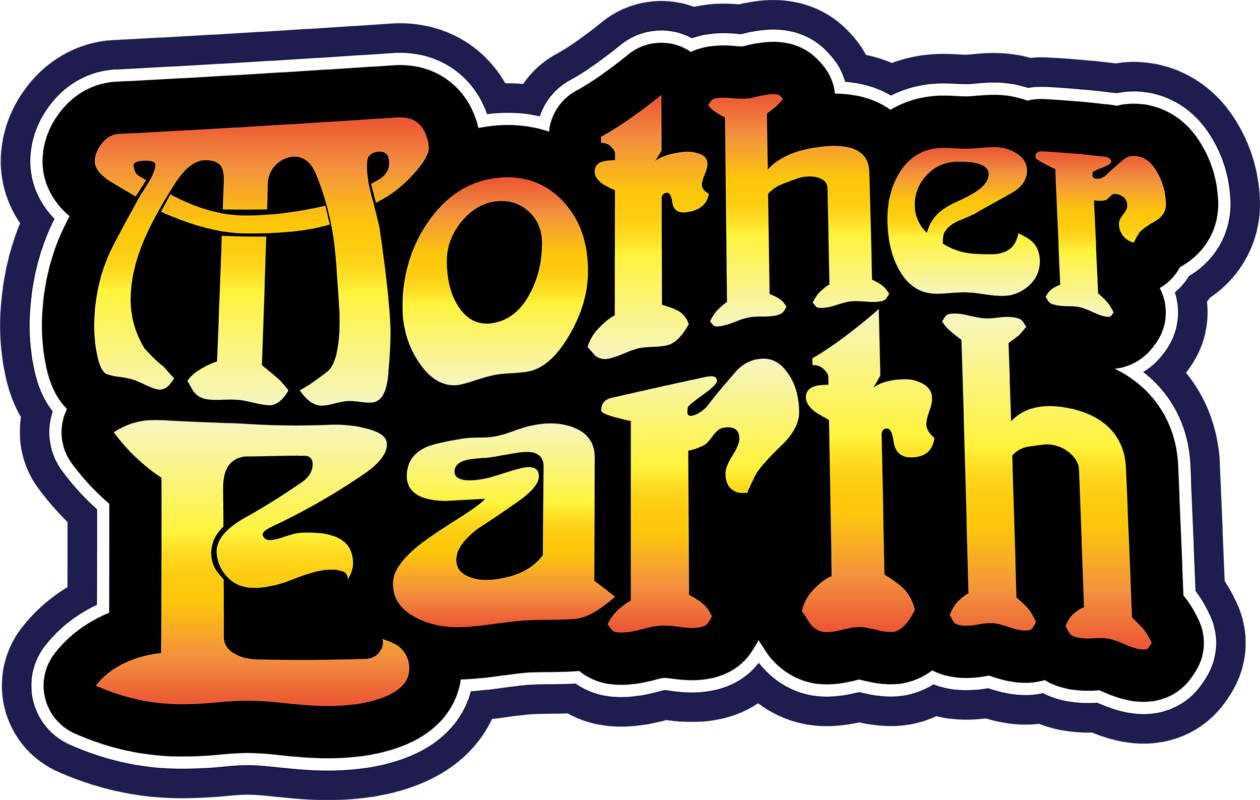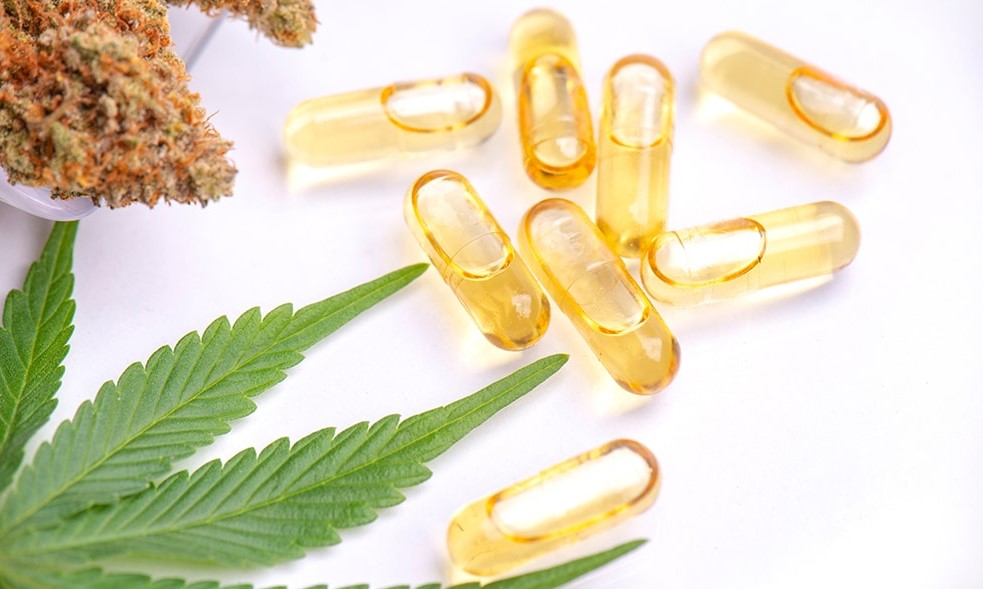Uncategorized
CBD Pills Guide
There was a time when smoking your favorite high-CBD strain was the only way to get cannabidiol. CBD consumers nowadays have a plethora of options:
- CBD oil
- CBD tincture
- CBD strips
- CBD isolate
- CBD cream
- CBD patches
- CBD edibles
You may now add CBD pills to the list of alternatives. One of the most notable advantages of CBD pills (which we’ll get to later) is that they’re unassuming. Have you ever observed that nearly everyone takes a pill of some sort or another? You can blend in with the crowd by taking CBD in pill form.
What are some of the other benefits of CBD pills, and how can you make use of them? And are there any drawbacks to taking CBD pills? Honest Marijuana’s specialists go through everything you need to know about one of the newest types of CBD therapy.
What Is CBD?
Cannabidiol (CBD) is the scientific name for a chemical found in cannabis plants. Cannabinoids are chemicals present in high amounts in cannabis plants.
Other common cannabinoids include:

- THC
- THC-O
- CBG
- CBL
- CBT
- CBN
The incredible thing about CBD molecules, and all other cannabinoids, is that when ingested in pill or vapor form, inhaled, or applied to the skin, they interact with cells in the brain and receptors all over the body to provide a variety of health advantages.
Let’s take a look at one of the most basic ways to use CBD and how it may help you lead a healthy lifestyle. Later, we’ll go through those advantages in detail; for now, let’s look at one of the simplest strategies to take CBD.
What Are CBD Pills?
CBD is made from fatty oils that have been extracted from natural cannabinoids. CBD pills contain only gelatin capsules.
Cannabidiol (CBD) pills are almost always made from cannabidiol (CBD) isolate, which is the most pure form of cannabidiol. The removal of nonessentials cannabinoids from cannabis plants (or extract) is known as decarboxylation.
CBD isolate is a type of CBD that has been extracted from cannabis plants. It’s structurally similar to nearly-100-percent pure THC distillate, which cannabastards consume. After you’ve extracted all of the CBD from the plant material, you may make your own CBD pills with it (which is a time-consuming and laborious procedure).
What do you think about it? Is it something you’d want to give a shot? Here’s a quick tutorial to get you started.
CBD Pills: Uses
Cannabidiol (CBD) oil, like cannabidiol (CBD) in CBD pills, may be used to treat a variety of ailments and illnesses. Here are some of the most common reasons why people use CBD pills.
Reduce Pain And Inflammation
In the brain, cannabidiol binds to vanilloid receptors. These sensors control nociception and local inflammation throughout your body. CBD’s activation of vanilloid receptors, therefore, reduces pain and inflammation. Because they stimulate these neuroreceptors, CBD pills may be used to treat ailments including fibromyalgia.
Protect Your Body And Brain
Cannabidiol (CBD) is an antioxidant that fights the damaging effects of molecules on your body and brain. Physical, as well as mental harm, can be caused by free radicals.
CBD has antioxidant properties that may help defend against the neurodegenerative effects of free radicals. CBD’s antioxidant capabilities have been verified in studies to assist protect against the consequences of this (and other) neurological diseases.
Suppress Nausea & Stimulate Appetite

Cannabidiol (CBD) has two advantages as a digestive stimulant. First, it stimulates hunger, making it simpler to consume the calories required for long-term health. Second, it alleviates nausea, ensuring that those nutrients remain in your body rather than leaving via circulation.
Cannabinoids, including CBD, have anti-inflammatory effects that may help to decrease discomfort and inflammation. These two CBD advantages might be particularly significant for cancer patients. Some illnesses (and even therapies) cause nausea and loss of appetite. Given these unpleasant side effects, your body may not be able to heal properly since it can’t recover from them. CBD helps alleviate these problems.
Combat Anxiety And Depression
In the brain, CBD has both anxiolytic and antidepressant effects. Anxiety and melancholy are caused in part by adenosine and serotonin receptors in the brain. Both are affected by CBD.
CBD activates adenosine receptors, which assist in the proper functioning of various systems. This lowers anxiety and alertness, two signs of anxiety disorder. CBD pills also activate serotonin receptors to produce an antidepressant effect. As a result, CBD tablets have a high potential of treating a range of mental disorders successfully.
Inhibit Cancer Cell Growth
According to laboratory testing, CBD has been proven to prevent cancer cell growth. According to experts, CBD prevents cancer cell development and even causes cancer cells to die, according to the same study.
Treat Psychotic Disorders
Cannabis has been used to enhance anandamide levels in the brain in order to treat psychotic disorders such as schizophrenia. Pharmaceuticals are available to assist with this, although they have several drawbacks.
CBD oil and/or CBD pills, on the other hand, boost serum anandamide levels, which is a key cannabinoid in the central nervous system that has anxiolytic benefits. That’s a significant step forward for brain-based illnesses that are currently tough to cure.
Suppress Seizure Activity
Seizures are episodes of unprovoked shaking and brain function loss that occur in the brain. It’s difficult to cure epileptic seizures, just like anxiety and sadness (both of which are brain-based issues). CBD pills help to keep your brain’s electrical activity in check by changing it. This lowers the frequency of your epileptic attacks.
The case of Charlotte Figi is a CBD success story that illustrates how this chemical can help. Dravets syndrome, which causes Charlotte to have up to 300 seizures each week, has had a major influence on her young existence. After being treated with CBD, Charlotte experienced just one or two seizures per month.
Let’s take a look at some of the CBD pill’s advantages now that we’ve gone through some of the reasons for them.
CBD Pills: Benefits
If you’re still undecided about which strategy to take cannabis or CBD pills, they might be the answer. Here are some of their advantages and disadvantages so you can make an informed decision.
Discreet Consumption
CBD pills are everywhere, making them difficult to detect. You won’t stick out if you take CBD pills because everyone else is doing the same. Simply pop the pill in a glass of water. It’s quick, easy, and painless.
No Psychoactive High
CBD does not compete with, or bind to the same receptors in the brain as THC. CBD pills, therefore, do not produce a psychoactive effect.
Taking CBD at night is more challenging than during the day because THC dissipates faster. As a result, medical users who want access to CBD’s therapeutic advantages throughout the day but don’t have time for a high to wear off will benefit.
Counteraction Of THC’s Intoxicating Effects
The mind-altering qualities of THC are well-known. They are as follows:
- Altered perceptions
- Lethargy
- Couch lock
- Paranoia
- Memory loss
- Drowsiness
Cannabis-derived CBD pills allow you to maintain your wits about you without becoming too high.
Non-Addictive Treatment
CBD pills do not cause addiction since cannabidiol does not bind to cannabinoid receptors in the brain like other psychedelic drugs.
Because CBD does not bind to cannabinoid receptors, it does not create a biological urge to take more. As a result, cannabidiol in CBD pills is non-addictive since it does not cause psychoactive effects.
Powerful Results

CBD pills are more effective than other CBD approaches because they’re digested differently by the stomach (smoking, dabbing, or hitting a bong). As a result, you’ll need less of it to experience the same results.
For example, if you take one CBD pill to get the medical advantages of a whole joint, you’ll have to smoke a joint. CBD pills are more cost-effective than CBD capsules because they provide more medicine for the same amount of money (but not always).
Longer-Lasting Effects
Digestion is a sluggish activity. As a result, CBD pills’ effects endure longer than lotions or cigarettes infused with CBD. This implies that you’ll have to take fewer CBD tablets throughout the day.
CBD supplements have several advantages and applications, as we’ve previously mentioned. Let’s discuss the potential drawbacks now.
CBD Pills: Side Effects
Cannabidiol, the non-intoxicating component of marijuana, has a significantly lower rate of side effects than THC.
Dry Mouth
You may get dry mouth if you consume CBD. CBD inhibits the secretion of saliva by your salivary glands. This might cause your mouth to become dry. Dryness, on the other hand, isn’t a been-through-the-desert-on-a-horse-with-no-name condition known as dry mouth. It’s usually only a little driedness that can be relieved by drinking water.
Decreased Ability To Metabolize Medication
CBD and cannabidiol may interfere with the metabolism of other medications your liver is trying to break down. If you’re taking CBD pills rather than another medicine, it’s possible that the CBD will counteract at least some of the intended effects.
Let’s say you’re taking a blood pressure pill. To fight discomfort and inflammation, you start taking CBD pills. Cannabidiol has no impact on blood pressure, so CBD tablets can’t be used as a substitute for your prescription. As a result, the issue is that CBD pills negate the effects of your prescription while providing no comparable alternative.
Let’s assume you’re using CBD to cure depression. If you’re taking antidepressants, you might begin taking CBD pills to alleviate pain and inflammation.
CBD has anti-anxiety and anti-depressant effects, so whether CBD pills counteract the side effects of your prescription is unimportant. Talk to a physician about how CBD pills might affect your current medicines before taking them.
Biphasic Properties
The second side effect of CBD pills is a little more complex than the expected dry mouth or fundamental metabolism theory. So, let’s start by looking at each term separately. If you deconstruct the unusual phrase “biphasic” into its component words, you’ll discover two terms that are more familiar: bi- and phase (or, at least, a portion of the word phase).
The letter “b,” for bi, is the first and most essential. That’s simple enough to grasp. A phase is a distinct time or stage in a sequence of events or a process of change or development.
Biphasic refers to a form of hormonal therapy in which the estrogen and progestin are given separately, rather than simultaneously. It is derived from the Greek words bi (two) and phase (phases), which mean “two distinct phases.”
The endocannabinoid system is a huge topic that includes cannabinoids like CBD and other components found in hemp plants. Cannabidiol (CBD) and other cannabinoids, which are present in high amounts in hemp plants, have been studied and documented for a long list of ailments (stage one). CBD may result in diverse effects at various stages depending on the dosage (stag e one). CBD at higher — generally considerably higher — dosages generates varied outcomes (stag e two).
It may sound strange to those unfamiliar with this multi-purpose concept, but it isn’t unusual. Alcohol is a bifunctional substance that serves as both a depressant and an intoxicant.
Alcohol has a stimulating influence at low blood alcohol concentrations (BAC) and aids in making you feel more awake and ready to party. When consumed in excessive quantities, alcohol has a depressive effect, causing people to pass out after downing many shots.
CBD, unlike THC, is not psychoactive. However, the impact of CBD may vary depending on the dosage.
It’s critical to note that the CBD in your CBD pills may vary over time, much like dry mouth and drug interactions. The more knowledge you have, the better you’ll be able to take advantage of your CBD pills.
Can You Take Too Many CBD Pills?
It’s also feasible to consume too many CBD pills by accident. It is, however, technically feasible to drink too much water…unless you want to.
We don’t know whether there’s water in it because we can’t see down into it, but we do know that a large amount of CBD (50,000 milligrams) contains about 33 tablespoons — or two measuring cups — of 100% pure CBD.
The amount you’ll save on CBD pills will be a fraction of what the leading companies charge.
To put it another way, a 180-pound male in severe discomfort may just take a single 25-milligram tablet (0.16 teaspoon) to feel better. That’s a long way from 50,000 milligrams that 0.05 percent or five ten-thousandths of the total amount entails.
Even if the damage is significant, you may argue that it is not as deadly as being murdered by a junkie.
A different person took a strong dose of CBD and only felt tired (which, for individuals who have suffered from pain, migraines, or severe anxiety, would be an excellent side effect). Please don’t take this as a contest; we’re not recommending you eat two cups of CBD at once.
The fact that you’re lowering your dosage by 25% each day implies you shouldn’t be worried about going over the advised dose of CBD when you initially start using it.
CBD Pills Versus Smoking
Getting cannabinoids from CBD pills or any other edible is considerably different than smoking it. Even the same strain will feel distinct depending on how you consume it, and it all comes down to onset and duration. Weed smoking delivers a rapid onset of effects with a brief duration.
Put it another way: smoke marijuana like you would if you were in charge of a 1000-horsepower automobile. When you consume a potent strain of your favorite cannabis, it feels as though you’re racing from zero to 100 in four seconds. Unfortunately, all that performance consumes a lot of gas, so the excitement or therapeutic advantage isn’t there for long.
You’ll feel considerably better after smoking a high-CBD/low-THC strain in only an hour or two. As the high-CBD/ low-THC cannabis strain’s effects wear off, you’ll become anxious, uncomfortable, and sick again.
CBG is the other major cannabinoid found in cannabis plants and has similar properties to THC. While it activates the CB1 and CB2 receptors, it does not bind to them as effectively as CBD. Unlike THC, however, its efficacy lasts for only one hour. On the other hand, CBD in capsules lingers much longer – about six hours per dose – and completely dissipates after an hour.
CBD pills are like driving a 1000-horsepower racecar for several miles before taking a pleasant cruise at 55 m.p.h. through the countryside.
Cannabidiol (CBD) pills, on the other hand, provide a more consistent level of pleasure. While smoking delivers a faster burst of euphoria, CBD capsules provide a more constant level of enjoyment.
In general, after taking your first CBD pill, you will not feel anything for a few hours. That’s just how your body is built. Before consuming another one, wait at least several hours since the previous one was too intense.


